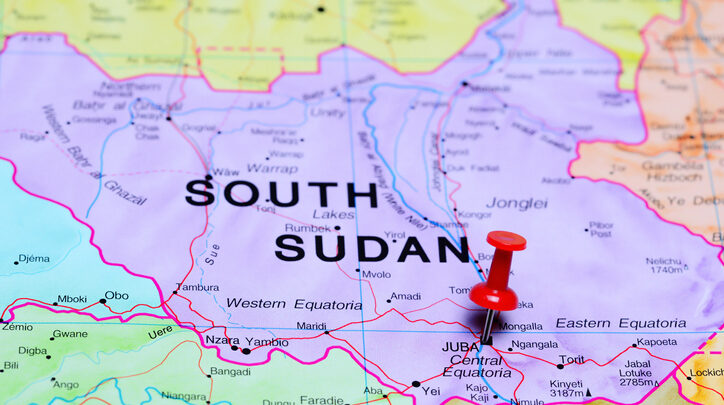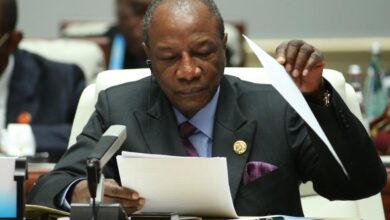World
South Sudan: Ruling & Opposition Parties Delay Forming Unity Government

Both the ruling and opposition parties of South Sudan on Friday agreed to extend the deadline to form a unity government as part of a peace deal signed back in September. The parties now have six months time to form a power-sharing government, reported Reuters.
The announcement to extend the timeline was announced just days before the unity government was due to be installed. The parties met in neighboring Ethiopia’s capital Addis Ababa on Friday to seek a way forward on the unity government.
In a statement, the Intergovernmental Authority on Development (IGAD), a regional bloc for East Africa, said it had called the two-day meeting to develop a clear roadmap for the formation of the government and tackle pending tasks of the agreement. But due to lack of political will, financing and time constraints, the implementation of the Pre-Transitional tasks have been postponed.
“The parties unanimously agreed to extend the Pre-Transitional period by an additional six months effective from May 12, 2019, to enable the execution of the critical pending tasks,” the statement read.
South Sudan got its independence from Sudan in 2011 but unfortunately fall prey to civil war just two years later. The ruling and opposition parties failed to reach a mutual agreement to form the government, so, a peace deal was signed between the two sides in September last year, represented by President Salva Kiir and his former deputy turned rival, Riek Machar.
According to IGAD, the mediator between the two sides, the new agreement will be presented for consideration at its council of ministers meeting to be held on May 7 and 8 in Juba in South Sudan.
Meanwhile, President Salva Kiir also lifted a state of emergency imposed in five northern states-Tonj, Wau, Aweil East, Gogrial and Western Lakes- in 2017, in a bid to help foster peace.






